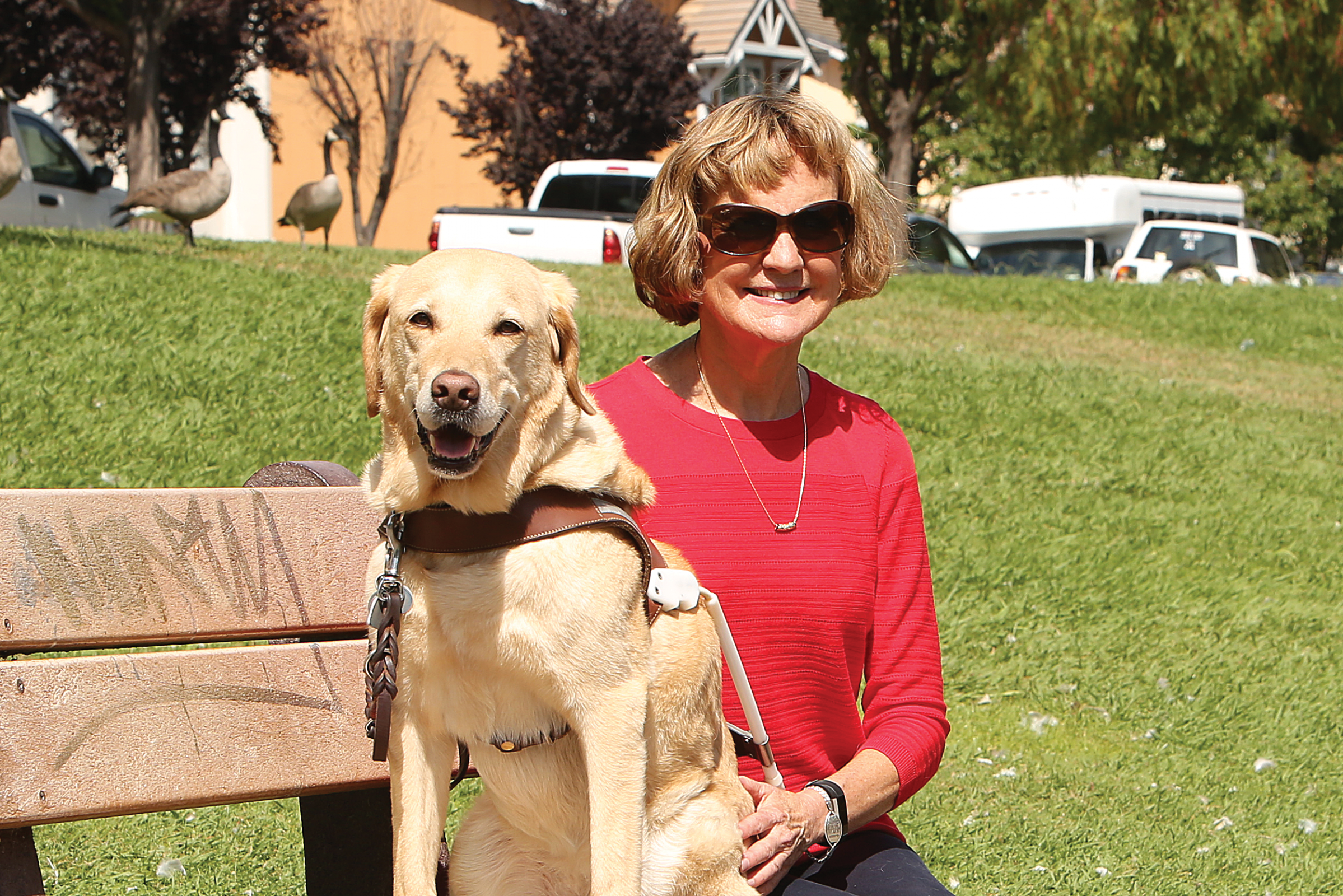Sixty-year-old Maile George is enjoying her retirement in the Contra Costa County city of Concord. Though she is blind and lives with insulin-dependent diabetes, her eight-year-old guide dog and occasional assistance from her mother allow Maile to live independently in a small condominium. She keeps a cute little garden with a kumquat tree and likes to prepare the kind of healthy, vegan meals that feed her body and soul.
For now, Social Security and an IRA from the years she worked at Bank of America pay her bills, but she’s worried that the uncertainty of our long-term care system could take away her treasured independence.
According to her doctors, her episodes of very low blood sugar could lead to serious health problems, including cognitive changes, down the road. And Maile has no children to take care of her. When her 86-year-old mother is gone, she wonders, how long would it take before someone would know if Maile was laying on the floor, incapacitated—or worse?
The last time Maile tried to get long-term care insurance, she was denied. She assumes it was due to the high risk posed by her diabetes. Because, though the Affordable Care Act eliminated the ability of insurance companies to deny health coverage to someone because of a pre-existing condition, long-term care insurers may still use health issues to deny coverage. She would like to think home care would be an option for her when she needs it. But, not only does she know there is a shortage of caregivers in the Bay Area, she has no idea how she would pay for it.
Looking ahead, Maile fears becoming totally isolated with nowhere to turn for help.
“I paid into the system all those years,” Maile says. “But now, being at this age with no kids, I realize there really is no safety net.”



